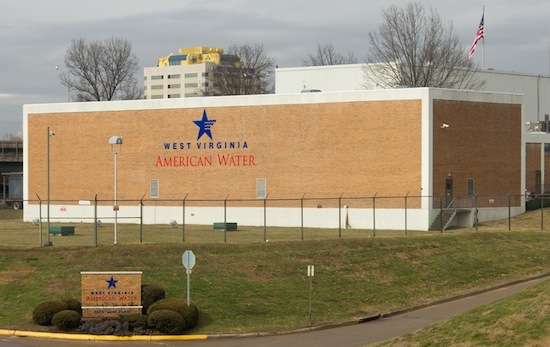Front Porch Blog
Updates from Appalachia

The West Virginia Chemical Spill: A Warning for North Carolina

There is a lesson in West Virginia’s water crisis for North Carolina policymakers and regulatory agencies akin to the saying that those who do not learn from history are doomed to repeat it. If you look at the changes to and by the N.C. Department of Environment and Natural Resources in 2013 and the path ahead in 2014, the General Assembly seems resolved to run headlong down a shortsighted path that will lead to the same inevitable consequences.
A Successful First Energy Savings Session in Sugar Grove, N.C.
West Virginia’s Water Crisis: As Predictable As It Was Preventable

On Thursday, Jan. 9, more than 7,500 gallons of a highly toxic chemical used to process coal spilled into the Elk River — just upstream of a drinking water intake serving more than 300,000 people in West Virginia. While the spill was making national headlines as a one-time event, our thoughts turned to the much bigger problems with water pollution and politics in Appalachia that don’t get enough attention from the media — and how these chronic problems actually set the stage for this disaster.
Who Owns West Virginia’s Water? A Cautionary Tale

The paper trail of West Virginia Public Service Commission filings document the dramatic expansion of American Water Company’s network over the past two decades, and why so many people in this water-rich state depend on a single, privately-owned treatment system and distribution network that sprawls across nine counties for their supply of drinking water.
Will West Virginia Politicians Hit “Snooze” on Another Wake-Up Call?

West Virginia’s state and federal leadership fight tooth-and-nail against new rules and the enforcement of existing laws that protect our air, water and health because the earnings of companies bankrolling their political careers might be affected. Now, facing another crisis, we’re rightfully wondering: How many wake-up calls do West Virginia’s elected leaders get?


